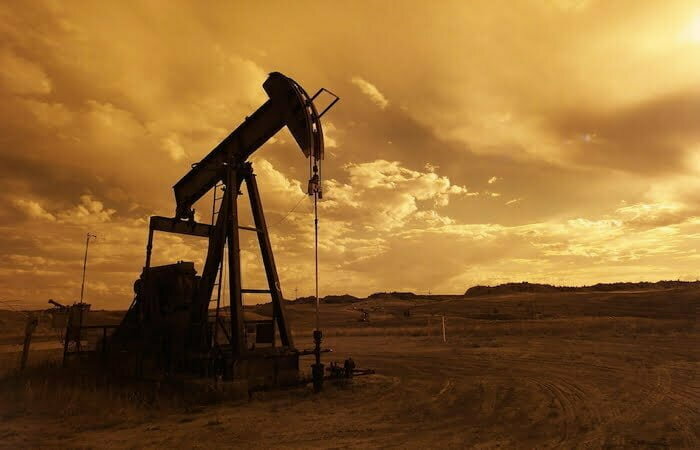
The Democratic Republic Congo (DRC) is a poor African country that hopes to increase its prospects with more oil drilling. But there’s a dilemma: it’s also the world’s lungs — one of three places with the most expansive rainforests.
The DRC wants to increase its oil development from 25,000 barrels a day to 1 million barrels — something that would improve the lives of its people and perhaps replace some Russian oil. But Western nations and environmentalists are shocked at the idea, thinking it would destroy the country’s rainforests. But most such areas are theoretically protected by national law. The Congo is not just an emerging nation. It’s a sovereign nation that says selling oil would allow it to advance economically and socially.
“Our project management capabilities and innovative solutions to help reduce client risk and cost was an important factor in winning this work, while our knowledge of the West African oil and gas sector, the experience of our personnel and specialty equipment were also important factors for the client,” said David Drysdale, general manager of EnerMech’s Process Pipeline and Umbilical Division, in a release.
The company will work with TotalEnergies — Total needs to replace flexible lines and piping in both the DRC and Gabon. EnerMech will perform gauge pigging on flexible flow-lines post-installation, topside hydro-testing services, and dewatering wet gas and gas lift flexible flow-lines.
The DRC already has offshore oil: 25,000 barrels a day. If it starts extracting, it could reach 1 million barrels daily. Oil development is 8% of the Congo’s $10 billion budget. If it increased production to 1 million barrels a day, it would alleviate economic stress.
Getting there is a long, arduous process that requires getting permits and finding investors, the companies willing to explore. Much of the drilling could occur offshore, although it could involve cutting down rainforests.
Subsaharan Africa is rife with poverty. But one in six of those are living in the DRC. For example, many workers mine for lithium, cobalt, and copper, which go into electric vehicle batteries. More affluent countries will buy those minerals at cheap rates. But they sort the materials, build the batteries, and sell to carmakers like Tesla.
“We believe the country has the sovereign right to use natural resources to reduce poverty and increase economic growth. It’s disingenuous to tell us otherwise,” said Tosi Mpanu-Mpanu, climate specialist for the DRC.
That means implementing best practices and directional drilling, which would leave a benign environmental footprint. The DRC is committed to reducing its CO2 emissions by 21% by 2030 from a 2010 baseline. At the same time, the Congo is planting millions of new trees.
The Amazon, located mainly in Brazil, is the world’s largest rainforest area. The New Guinea rainforest second follows the Congo.
Gabon is included in the EnerMech-TotalEnergies contract. Its forests are part of the Congo Basin.
Gabon is an 88% tropical rainforest nation. It cuts down very few trees. But the country also hosts an oil industry comprising 60% of its economy. While those revenues have provided some cushion, they are a dwindling asset — a function of climate change and the demand for fossil fuels.
Specifically, Gabon's forests absorbed 1 billion tons of CO2 between 2010 and 2018. Under REDD+ — a financial mechanism to reward countries for saving their trees — Gabon can sell credits worth 90 million tons. This writer is the editor of the editor of the Coalition for Rainforest Nations, trying to arrange carbon financing to get countries to keep their trees standing.
The Paris Agreement adopted that financial mechanism in 2015. Governments account for their forest lands and set targets to stop deforestation. The United Nations Framework Convention on Climate Change evaluates progress before approving their performance and emissions reductions. If Gabon sold its credits for $25 a ton, it would net $2.25 billion.
“We are 88% rainforests,” said Gabon’s Minister of Water, Forests, Sea, and Environment Lee White. “The only way to maintain those forests is to give them value. Without a sustainable forest industry that is properly valued, the rainforests are condemned to die.”
Until that happens, the DRC and Gabon will continue to rely on oil drilling.
Clarification: The article initially referred to the Democratic Republic of the Congo as the Congo, which is called the Republic of the Congo.